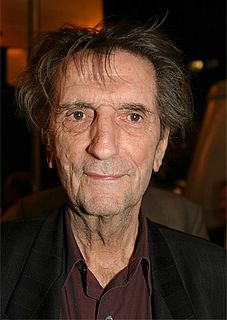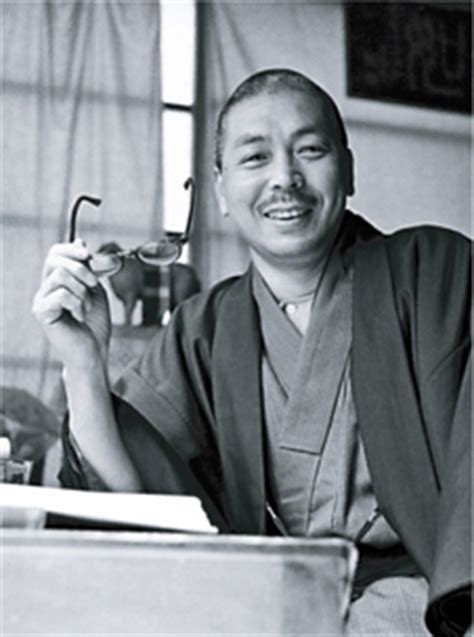A Quote by Zhang Zhidong
Just now, Christianity is in the ascendant. Buddhism and Taoism are decadent; their influence cannot long hold its own. Buddhism has long since passed its meridian; Taoism has only demons, not gods.
Related Quotes
Why can't we simply borrow what is useful to us from Buddhism, Hinduism, Taoism, especially Zen, as we borrow from Christianity, science, American Indian traditions and world literature in general, including philosophy, and let the rest go hang? Borrow what we need but rely principally upon our own senses, common sense and daily living experience.
My mom and my aunties are really devout Christians. My mom married a Muslim when I was 12, so I got teachings from both sides and then other sides because I wanted to find out which way to go. So not only Christianity and Islam, but Confucianism, Shintoism, Taoism, Buddhism, and Judaism. I tried to read everything.
To you, Christianity, Judaism, Islam, Buddhism, and Hinduism look very different, but to me they look the same. Many of you would say that something like Buddhism doesn't even belong on the list, since it doesn't link salvation to divine worship, but to me this is just a quibble. Christianity, Judaism, Islam, Buddhism, and Hinduism all perceive human beings as flawed, wounded creatures in need of salvation, and all rely fundamentally on revelations that spell out how salvation is to be attained, either by departing from this life or rising above it.































